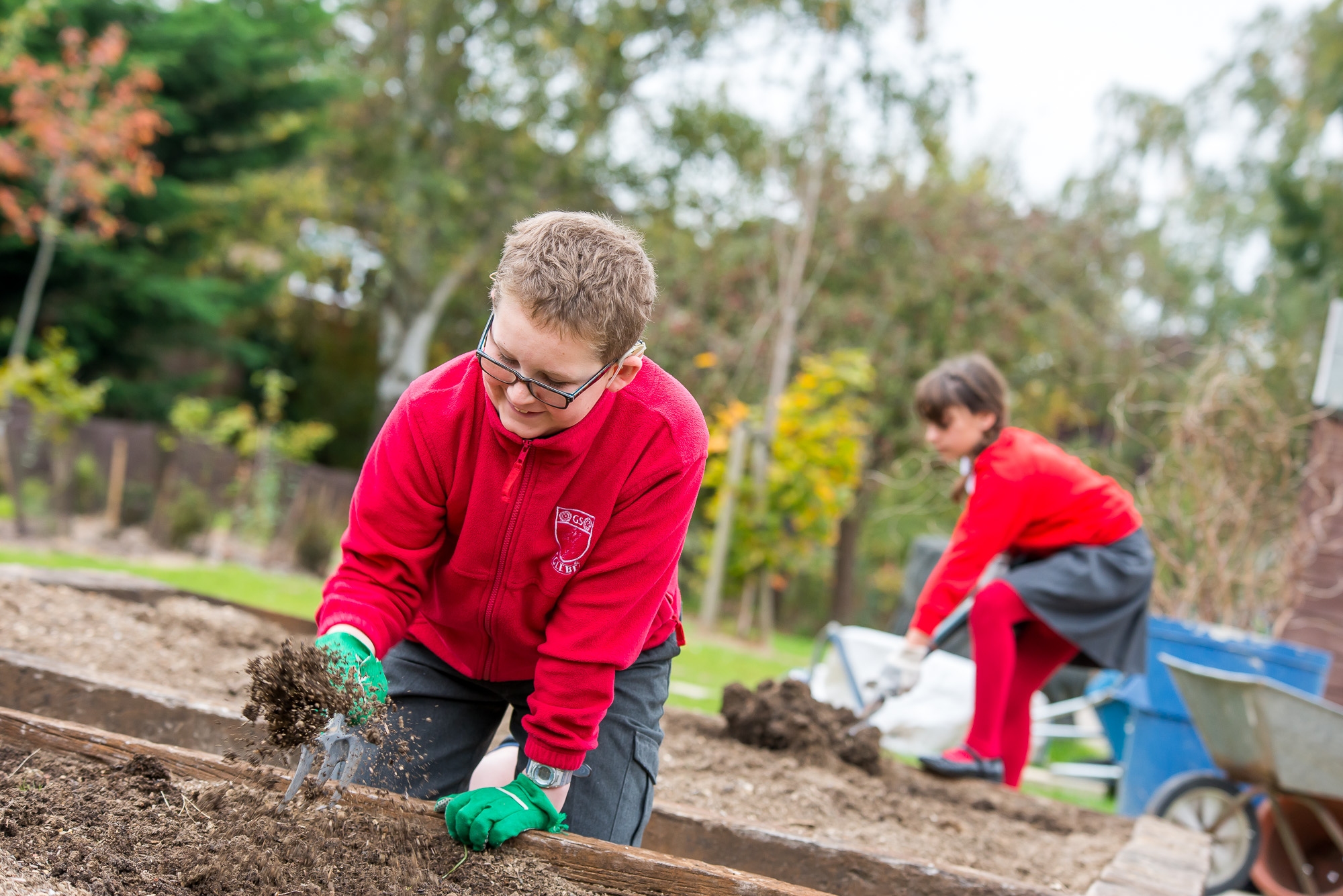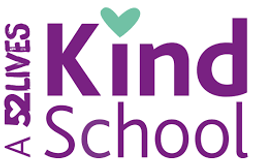Glebe Challenge
Children begin to complete Glebe challenges weekly from Year 1 upwards. Mental maths involves completing short mathematical problems without the use of a pen and paper or a calculator. It is not only useful in school, but in everyday life, such as working out change; sharing items between a group of people and working out when to leave in order to arrive at the correct time.
Mental maths can be used in place of more formal methods. For example, what is 47 + 65? It’s easier to do this in your head if you break the numbers down into their digits’ values: 40 + 60 = 100 and 7 + 5 = 12. Add those two totals and you get the answer of 112.
Improving mental maths skills is a priority of ours at Glebe. Exercising mental maths skills helps to exercise both sides of the brain and has been strongly associated with better memory skills.
To aid with exercising our mental maths skills, every week, the children undertake a Glebe Challenge. This involves the children completing a sheet of mental maths problems within a 5-minute time frame.
Each category and what they entail is detailed below:
Copper
Number bonds to 10 and 20, including inverse
Bronze
Silver
Fractions: ½, 1/3, ¼ and ¾
1-12 times tables including inverse and related division facts
Gold
Fractions of amounts (numerator of 1)
Fractions of amounts (mixed numerators)
Simple equivalent fractions
Decimals
Percentages
Square roots
X and ÷ by 10, 100 and 1,000 of decimals
X 9 and x 99
Platinum
Cube roots
% of amounts
Multiplying fractions by whole numbers
Dividing decimals
Power of 4
Conversion of units
Dividing fractions by whole numbers
Fractions x fractions
Multiplying by 0.1, 0.01 and 0.001
BODMAS
Adding and subtracting fractions
Dividing by decimals
There are six sheets within each category which become more difficult as they progress. Your child will receive a certificate upon successful completion of each level. This is repeated weekly until children can successfully pass the level within the required time. Should your child be stuck on the same level for an extended amount of time, interventions will take place to help them reach their target.

















